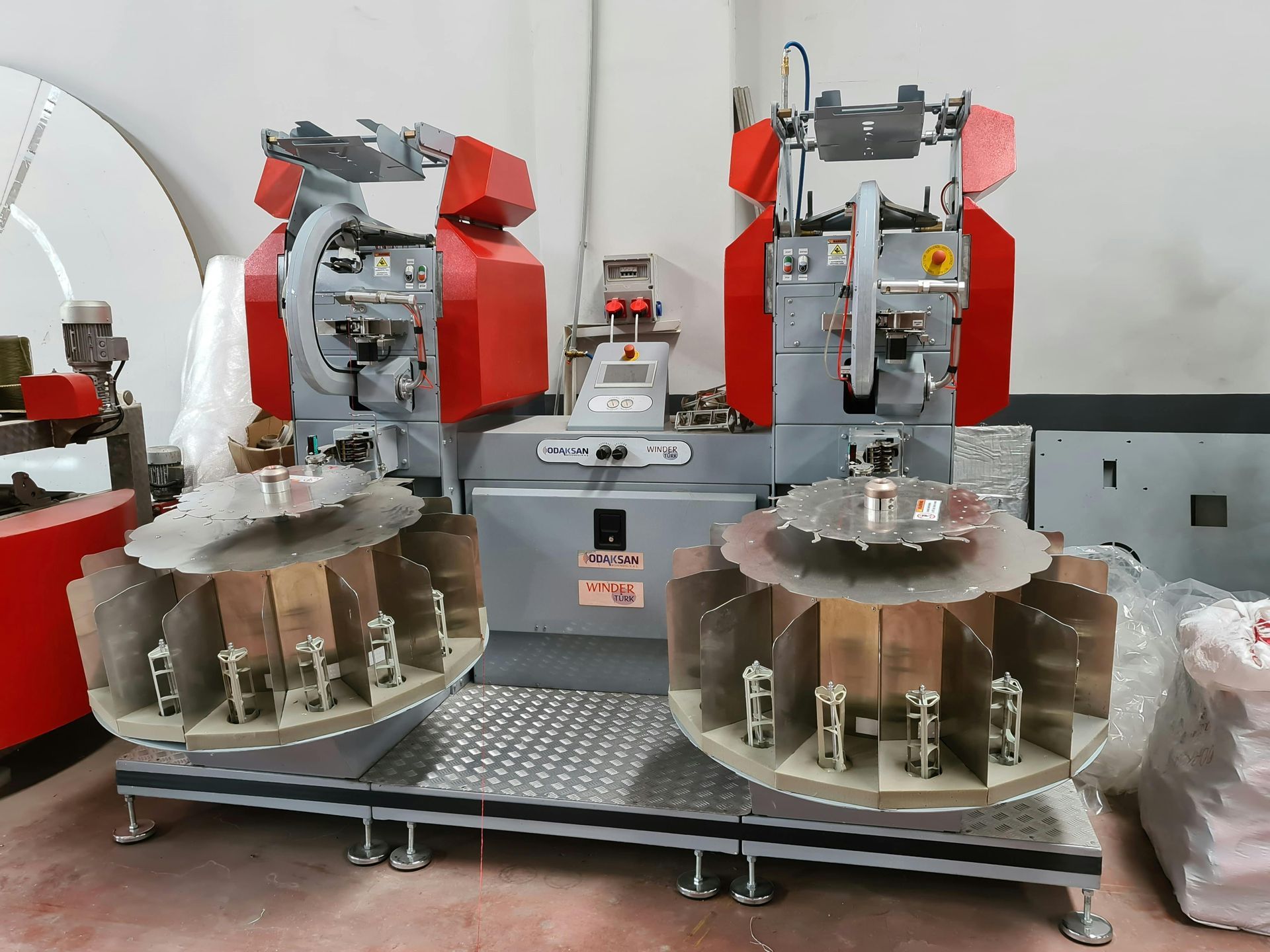10 companies your SMSF needs to own in 2016
Clarke McEwan Accountants
2016 may well be a year for traders and those SMSF trustees willing to lock in short term profits. The old adage, "The bull goes up the stairs and the bear goes out the window" probably won't get much of a look in if the last week of December and the first week of 2016 trading is anything to go by. Markets finally had their Santa Claus rally jumping some 400 points on the ASX within days as the sun set on 2015 and then losing 200 points several days into the new year.
Had you bought the All Ordinaries (say using an ETF or a balanced portfolio of shares) around the 4950 and ridden the market to 5350 you'd be staring down the barrel of an 8 per cent return. That's probably better than you did all last year and it all happened in two weeks. The point I'm trying to make is that if you lock in your profits several times a year with a basic understanding of the market, you can improve your chances of investment success.
You will also need a basic understanding of value on both individual stocks and the market as a whole. The market appears expensive at 5,950 and cheap at 4,950 with fair value rated around the 5400 to 5600 region on the All ords. Remember, as Warren Buffett says Mr Market can be highly emotional and whilst the daily business news can fluctuate from optimism to pessimism on a flash release of a single piece of economic data, the stocks that we are trading are in fact real businesses with real customers, staff, products, services, income, expenses and profits. Some insights into their operations and thus valuations is essential if you plan on a successful retirement using your SMSF.
Of course, transaction costs need to be factored in. You may have brokerage, capital gains tax or advice fees to pay but never be afraid to make a profit and you'll never go bust! If you're lucky enough to be in pension mode, there is no capital gains tax no matter if you're in transition to retirement mode or account based pension mode. Your ability to trade successfully virtually cost fee is significantly greater.
So lets consider the macro environment. Interest rates are going up in the US and markets are cautious. Our dollar may be under pressure as a result of rising US rates and unemployment in the US remains low and business conditions strong. China is still growing but they are not booming and therefore our resources are may remain under pressure, and this too is a contributor to a lower dollar. Oil prices too remain subdued sitting at multi-year lows so the cost of business for many US companies remains cheap and the consumers will have more money in their pockets unless OPEC gets their act together and curbs supply.
Whilst global growth rates remain subdued and the outlook for the share market is forecast to run at parallels, the share market will be a stock pickers market in 2016. Banks still need to raise capital so it may be worth taking up potential further offers as interest rates are low and housing remains strong. Banks have an uncanny reputation to hang onto their profits despite short term regulatory headwinds. Health care has been a bellweather for growth but an impending government review on bulk billing has rained on the likes of Primary and Sonic but keep an eye on value in this sector. Ramsay (no. 1) remains a key holding for me and I've been topping up on the dips.
Consumer goods and services have been strong in our low interest rate environment and I'd urge some caution in the face of the Dick Smith failure but some common sense can be applied here. Interest rates are low, unemployment is low and house prices have been moving north (in most populous states) so consumers are active. Just watch for the switch in rates bias that can rain on this parade (possibly end of 2016) but there's little sign of that yet (read the free downloadable Westpac weekly economic report from their website). Every builder, architect and renovation related business I know is absolutely flat out and that should flow through to building and renovation-related businesses such as JB Hi Fi, Breville, Kresta, James Hardie and GWA. So too AP Eagers may work as a holding as more people upgrade the family sled and motor vehicle sales touch records. A word of caution though, these stocks can be fickle, must be watched very closely and are not in my top 10 despite strong results.
I'll be watching less of the old stalwarts (although I like the first three) such as CBA (no. 2), NAB (no. 3), Telstra (no. 4), Woolworths and Wesfarmers and more of other large cap stocks in the form of Seek (no. 5), Crown (no. 6) and REA Group (no. 7). Woolworths is a sell in my books. Never lose sight of dividends and the banks again remain strong contenders for income and CBA is my favourite and Macquarie (no. 8) appears a reasonable prospect to me with the possibility of greater corporate activity and their expansion of recurring revenue streams, as does Challenger (No. 9). Just be cautious of dividend traps such as BHP (no. 10) although it has looks like good value at the moment and we'll be watching their results very closely this year as it remains in portfolios coupled with Woodside as the only resources contenders for our very conservative clients.
All in all, 2016 may be a subdued year overall but like always opportunity will abound and your results will simply be a function of how you capitalise on the potentially fleeting moment of portfolio profit. Some logical application of basic economics, consumer behaviour and market and company valuations can have a significant impact on your superannuation balance. Your retirement depends upon it.







